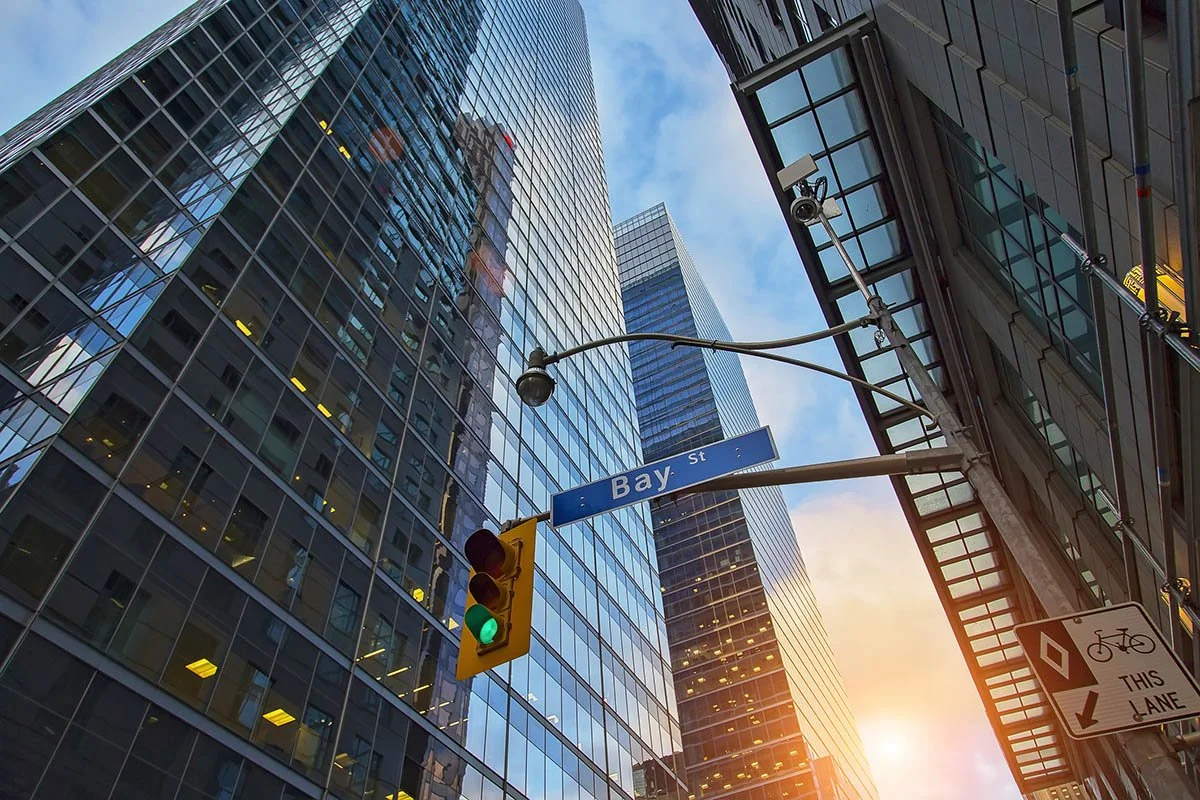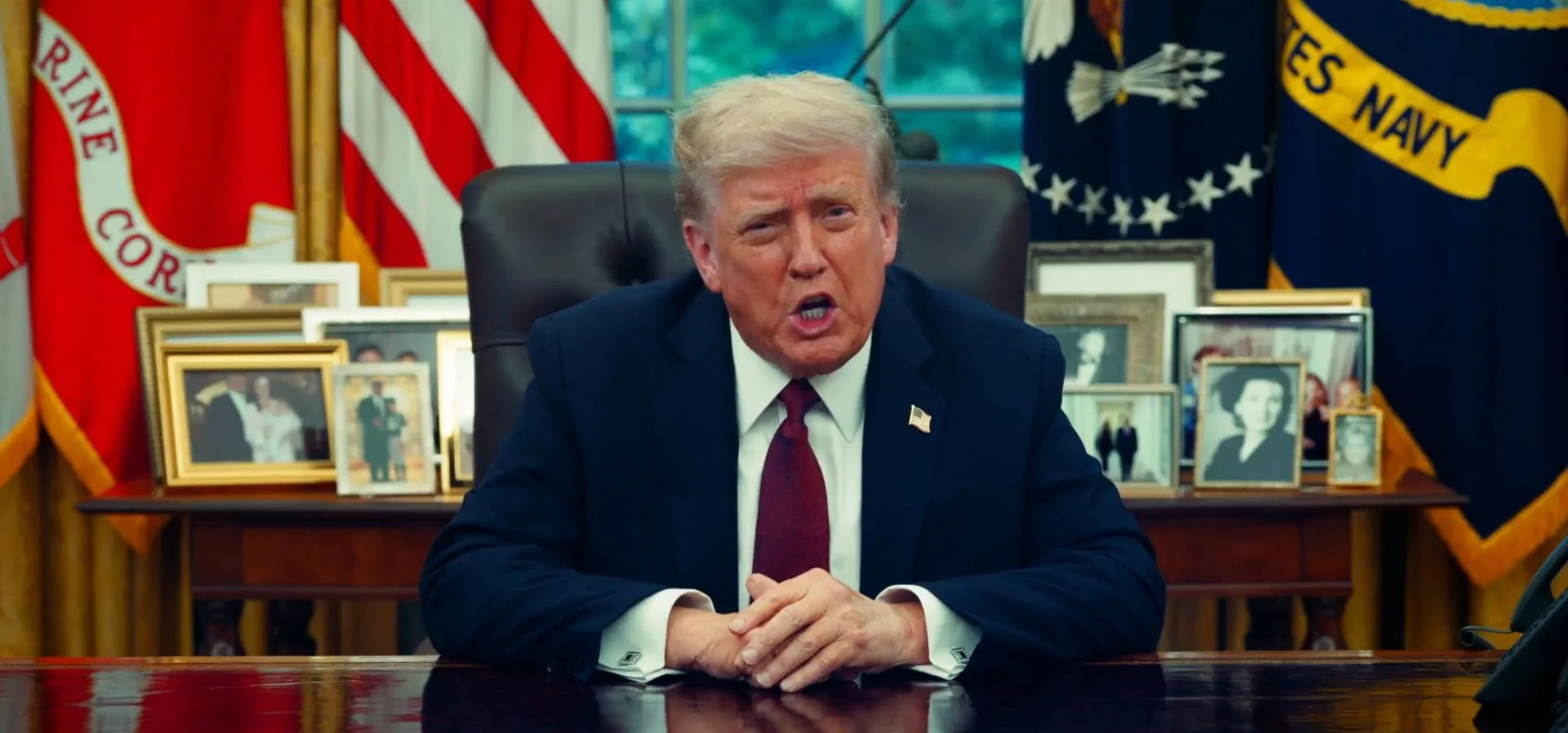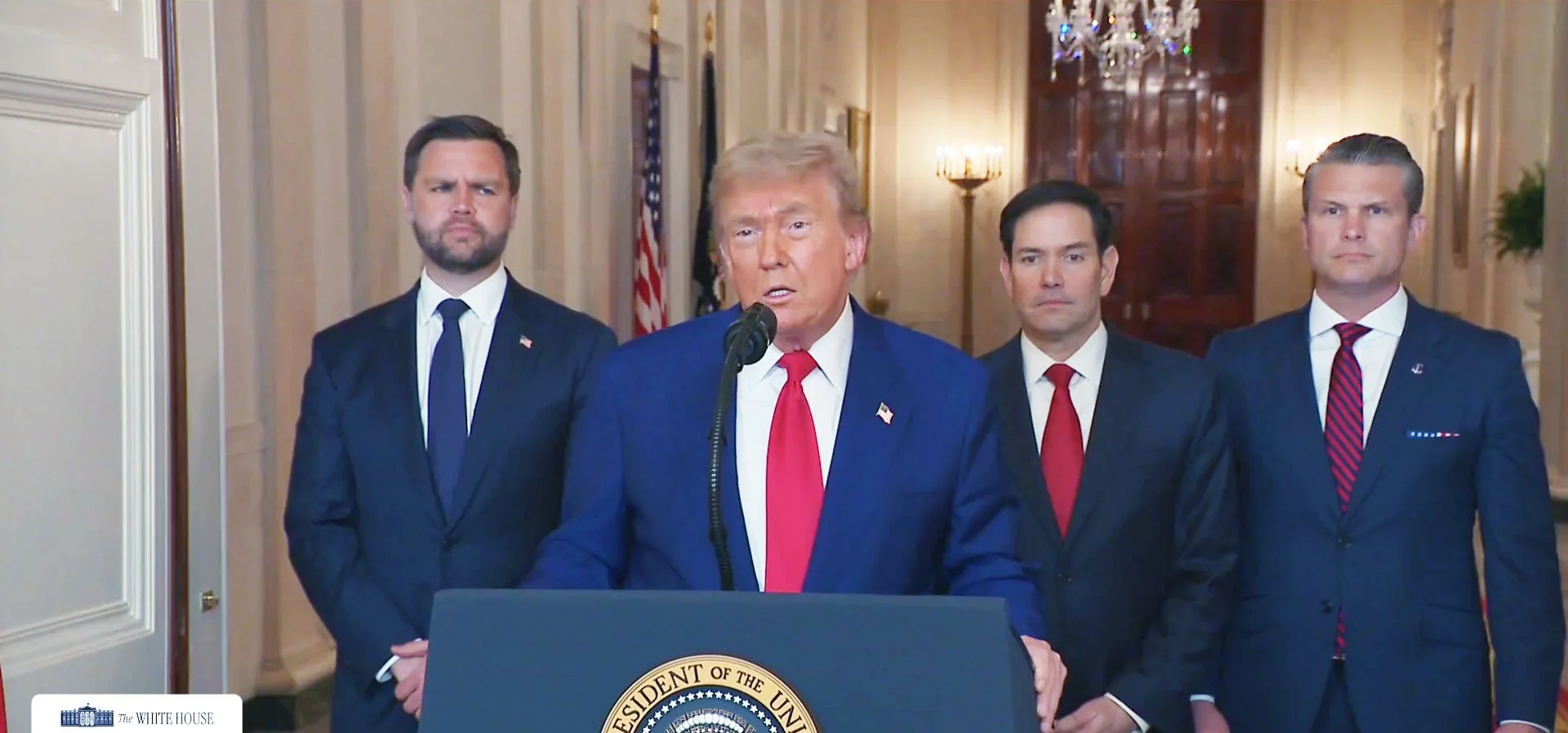Hodgson: Canada moving ‘from delay to delivery’ on energy
Prime Minister Mark Carney, right, pictured with German Chancellor Friedrich Merz. Carney was in Germany and Poland this week to support Canada’s trade diversification. / TWITTER PHOTO
Canada is ready to supply Germany with liquefied natural gas if the demand and infrastructure exist, Minister of Energy and Natural Resources Tim Hodgson said Wednesday in Berlin, positioning Canada as a new and reliable player in Europe’s energy security.
“Canada has just recently become a global LNG exporter, with the first shipments from LNG Canada Phase I loaded onto ships headed for Asia last month,” Hodgson told business leaders at the Canadian Embassy. “Our LNG is the lowest-risk and the lowest-carbon in the world. Lowest-risk because — like Germany — Canada is a G7 democracy. And lowest-carbon because Canadian LNG has among the lowest upstream emissions globally.”
Hodgson emphasized that Canada’s LNG exports could serve as “an insurance policy: against volatility, against coercion and against rising carbon costs.” He confirmed that “Canada’s new government has opened the door to LNG exports. If the demand is here and the infrastructure is built, Canada will deliver.”
Canada ‘can help’
The minister’s remarks came as Prime Minister Mark Carney wrapped up meetings with German Chancellor Friedrich Merz. Hodgson framed LNG exports as part of a broader strategy to deepen Canada–Germany cooperation on energy, critical minerals and industrial security. “Germany’s competitiveness depends on reliable, affordable energy,” he said. “Your chemical plants, your steel mills, your automakers all need a secure supply. Canada can help.”
He pointed to ongoing work on clean hydrogen under the Canada–Germany Hydrogen Alliance, with projects in Atlantic Canada designed to deliver low-emissions hydrogen across the Atlantic. “Canadian hydrogen will support your transition to clean energy and away from relying on Russian or other unreliable sources,” Hodgson said.
The minister highlighted three new commercial agreements in copper, rare earths and lithium signed this week between Canadian and German companies. He stressed the role of the newly passed Building Canada Act in speeding up approvals for major energy and mining projects.
“This is the most important reform to how Canada builds major projects in decades,” Hodgson said. “We are shifting Canada from debating ‘whether’ to build, to focusing on ‘how’ to build. We are moving from delay to delivery — delivery to Canadians at home and to allies abroad.”
Energy is ‘about sovereignty’
Hodgson tied the Canada–Germany partnership to lessons from Europe’s 2022 energy crisis, when Russia’s invasion of Ukraine exposed the risks of reliance on authoritarian suppliers. “It was a stark reminder that energy is not just about economics. It is about national security. It is core to the success of industry and manufacturing. And it is about sovereignty,” he said.
With the House of Commons due back on Sept. 15, Hodgson said the federal government is about to set up its new Major Projects Office. The office will be crucial in the Liberal government’s plan to streamline approval of large-scale energy and other infrastructure projects considered in the national interest. Carney said Wednesday that Ottawa’s first decisions on preferred infrastructure projects can be expected in the next two weeks.
After visiting Kyiv for Ukrainian Independence Day on Sunday, Carney moved on to Warsaw, where he and Polish Prime Minister Donald Tusk signed a new partnership on energy, trade, aviation, cybersecurity and defence.
In Germany, Carney and Chancellor Friedrich Merz agreed to enhance collaboration on defense and critical minerals. “One of the big vulnerabilities that’s been exposed by the Ukraine war, it was exposed by Covid, it’s been exposed by the changing global trade dynamics, [is] our vulnerabilities in supply chains including in critical metals and minerals,” Carney said. “Canada can play a role in accelerating that diversification for Germany and for Europe.”
At a news conference in Charlottetown, Conservative Leader Pierre Poilievre criticized Carney for not getting shovels in the ground more quickly. “What I think you're going to see from Mr. Carney is more big promises without any action. It's more Liberal show business rather than getting it done,” Poilievre said.
Talks shift to sectoral tariffs
Meanwhile, the federal government appeared to be focusing trade negotiations with Washington on a wider set of bilateral issues in what Canada-U.S. Trade Minister Dominic LeBlanc said was a “constructive” meeting with U.S. Commerce Secretary Howard Lutnick Tuesday.
The talks entered a new phase last week after Carney scrapped most of Canada’s retaliatory tariffs — which were seen by the White House as a major sticking point in negotiations with Ottawa.
Federal officials said LeBlanc and Lutnick discussed specific proposals and items — what LeBlanc described as “a package of stuff” that could include investment opportunities in areas like defence and security.
Negotiations about more technical aspects will be passed to Canada’s Ambassador to the U.S. Kirsten Hillman and U.S. Trade Representative Jamieson Greer.
Answering questions in Riga, Latvia, Carney said the government is now zeroing in on Trump’s sectoral tariffs, which are slamming Canadian steel, softwood, aluminum and autos producers.
“Those are the areas we are focused on improving the outcomes if we can. And in order to do that … we'll have to look at other areas where we can have win-win co-operation,” the prime minister said.





